The real purpose of books is to trap the mind into doing its own thinking
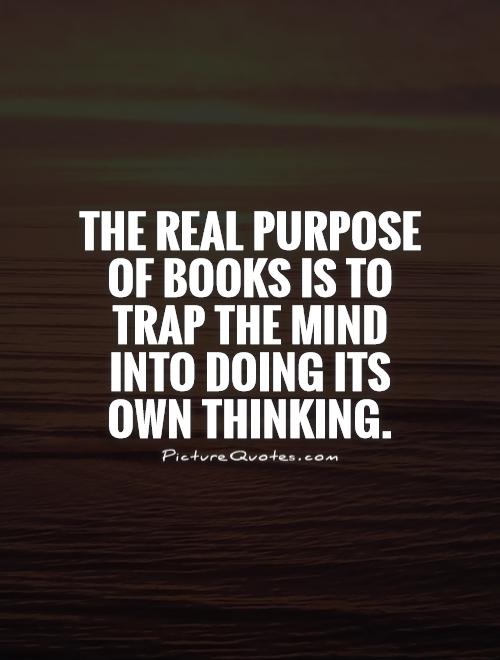
The real purpose of books is to trap the mind into doing its own thinking
Christopher Morley, an American journalist, novelist, and poet, once said, “The real purpose of books is to trap the mind into doing its own thinking.” This statement encapsulates the essence of reading and the power of literature to stimulate critical thinking and independent thought.Morley believed that books serve as a medium through which individuals can engage with new ideas, perspectives, and experiences. By immersing oneself in the pages of a book, one is transported to different worlds, challenged to consider alternative viewpoints, and encouraged to question their own beliefs and assumptions. In this way, books act as a catalyst for intellectual growth and self-discovery.
When Morley speaks of trapping the mind into doing its own thinking, he is highlighting the transformative power of literature to spark curiosity, ignite imagination, and inspire introspection. Rather than passively consuming information, readers are encouraged to actively engage with the text, to analyze, interpret, and draw their own conclusions. Through this process of mental engagement, readers are able to develop their critical thinking skills, expand their knowledge, and cultivate a deeper understanding of themselves and the world around them.
Morley’s belief in the liberating potential of books is rooted in the idea that reading is not just about acquiring knowledge, but about fostering a sense of autonomy and agency in one’s intellectual pursuits. By encouraging readers to think for themselves, books empower individuals to challenge authority, question the status quo, and advocate for change. In this sense, books serve as a tool for liberation, enabling individuals to break free from the constraints of conventional wisdom and explore new possibilities.




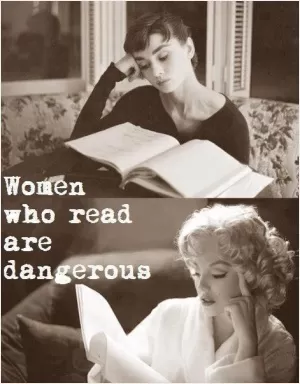


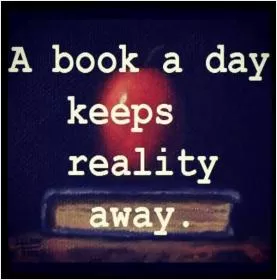


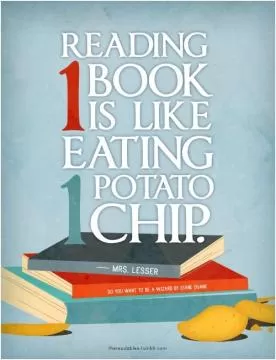
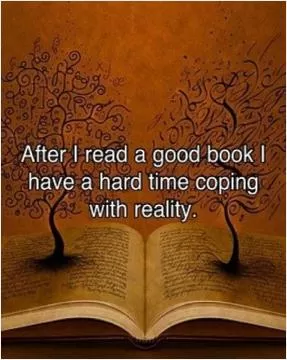
 Friendship Quotes
Friendship Quotes Love Quotes
Love Quotes Life Quotes
Life Quotes Funny Quotes
Funny Quotes Motivational Quotes
Motivational Quotes Inspirational Quotes
Inspirational Quotes